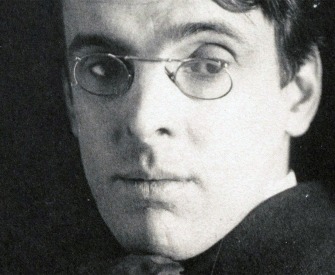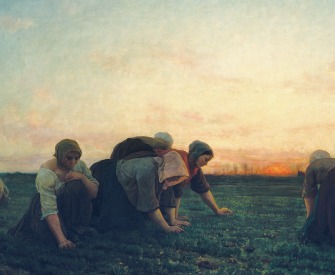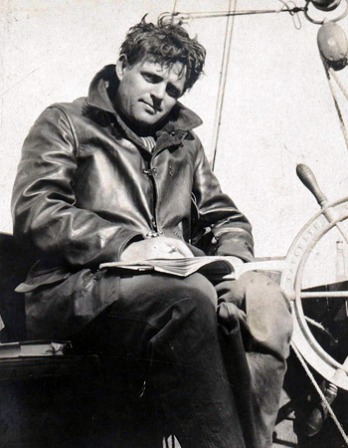Tonight, grave sir, both my poor house and I
Do equally desire your company:
Not that we think us worthy such a guest,
But that your worth will dignify our feast,
With those that come; whose grace may make that seem
Something, which, else, could hope for no esteem.
It is the fair acceptance, sir, creates
The entertainment perfect: not the cates.
Yet shall you have, to rectify your palate,
An olive, capers, or some better salad
Ush’ring the mutton; with a short-legged hen,
If we can get her, full of eggs, and then,
Lemons, and wine for sauce: to these, a coney
Is not to be despaired of, for our money;
And, though fowl, now, be scarce, yet there are clerks,
The sky not falling, think we may have larks.
I’ll tell you of more, and lie, so you will come:
Of partridge, pheasant, woodcock, of which some
May yet be there; and godwit, if we can:
Knat, rail, and ruff too. Howsoe’er, my man
Shall read a piece of Virgil, Tacitus,
Livy, or of some better book to us,
Of which we’ll speak our minds, amidst our meat;
And I’ll profess no verses to repeat:
To this, if aught appear, which I not know of,
That will the pastry, not my paper, show of.
Digestive cheese, and fruit there sure will be;
But that which most doth take my muse and me,
Is a pure cup of rich canary wine,
Which is the Mermaid’s, now, but shall be mine:
Of which had Horace, or Anacreon tasted,
Their lives, as do their lines, till now had lasted.
Tobacco, nectar, or the Thespian spring,
Are all but Luther’s beer, to this I sing.
Of this we will sup free, but moderately,
And we will have no Pooly, or Parrot by;
Nor shall our cups make any guilty men:
But, at our parting, we will be as when
We innocently met. No simple word,
That shall be uttered at our mirthful board,
Shall make us sad next morning: or affright
The liberty that we’ll enjoy tonight.
“Inviting a Friend to Supper.” After dropping out of Westminster School to become a bricklayer with his stepfather, Jonson served as a volunteer soldier during the Dutch revolt against Spain. Upon his return from the Netherlands, he began writing for theater impresario Philip Henslowe, and in 1598 his play Every Man in His Humour was performed by the Lord Chamberlain’s Men, possibly at the recommendation of cast member William Shakespeare. Jonson became a favorite at the court of James I, hired to write masques and comedies, and in 1616 he became poet laureate.
Back to Issue




